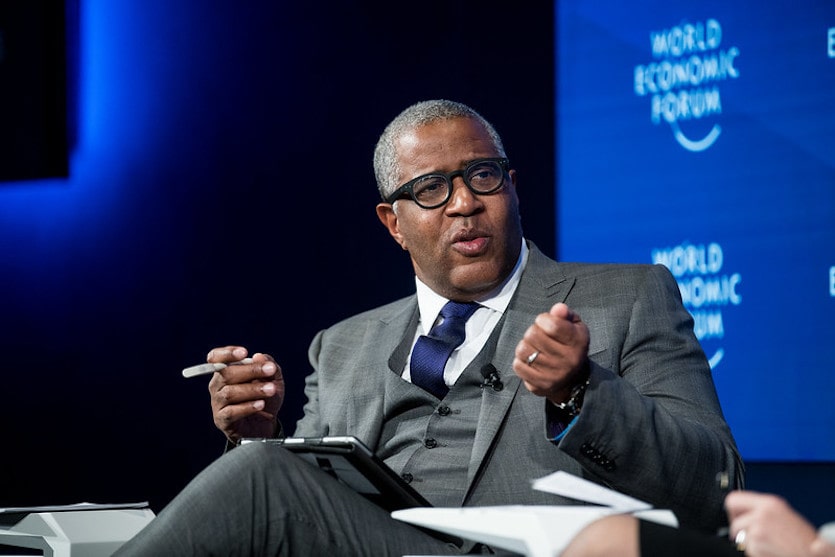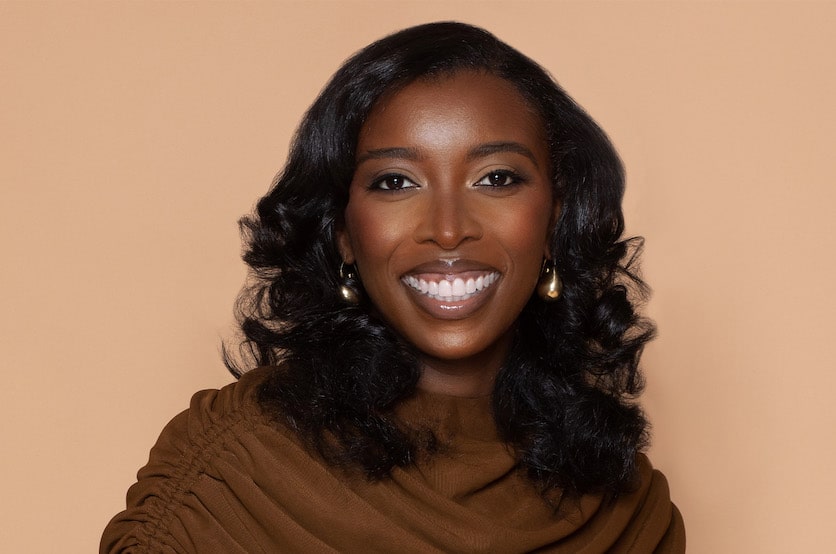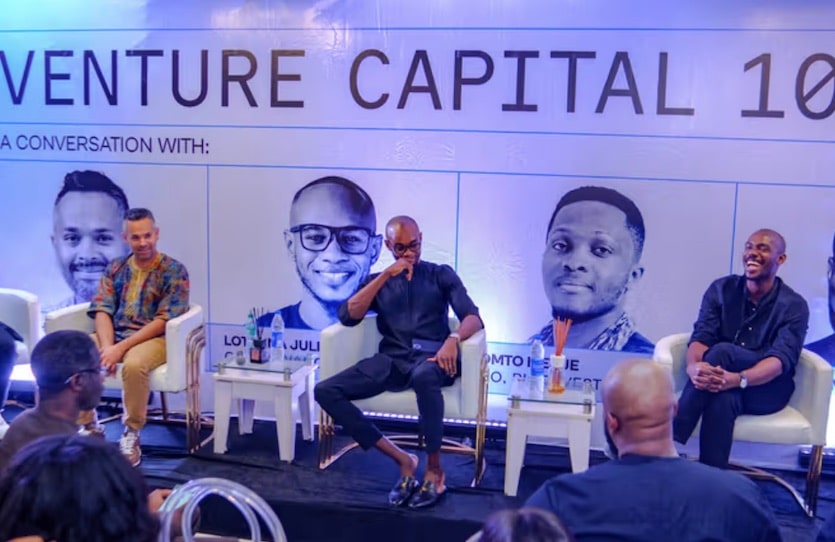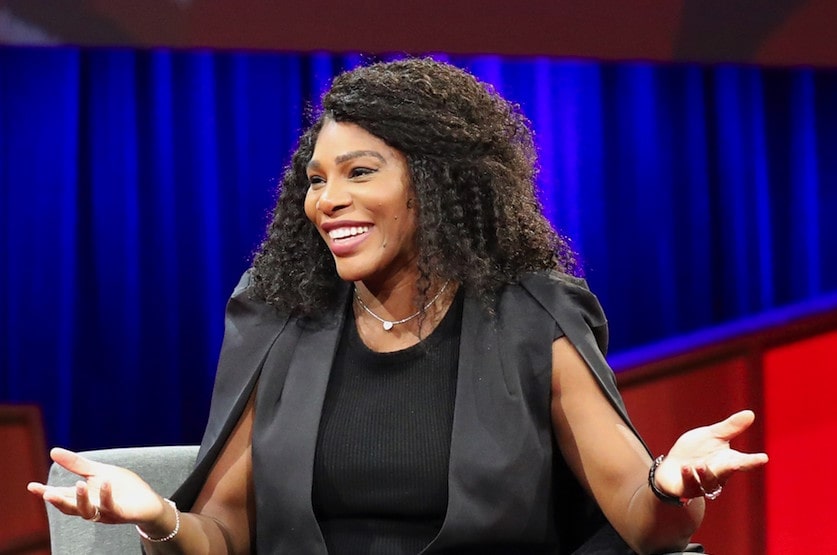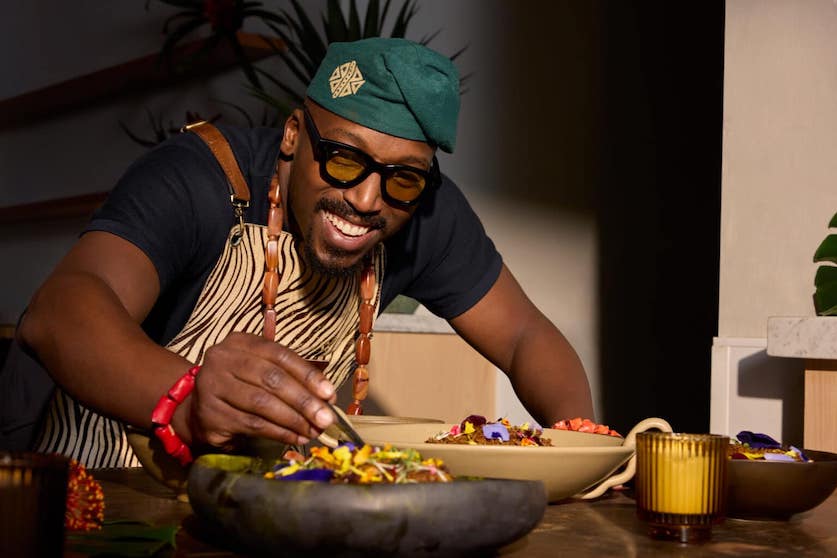
Developers attend Latino Coding Summit at Stanford University
May 4, 2015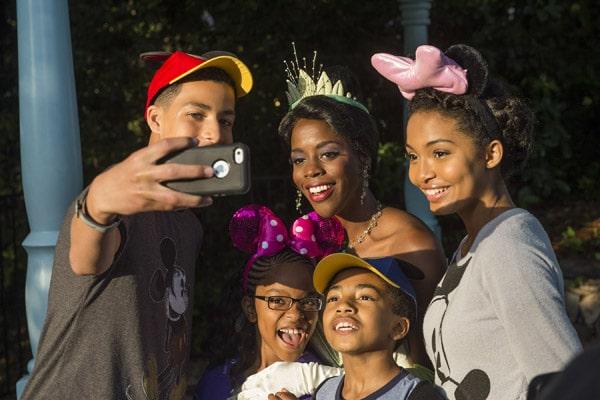
Major facelift for Walt Disney World Resort
May 6, 2015Last May, shortly after word began to spread that Dr. Dre had sold his eponymous headphone line to Apple AAPL -1.48%, the superproducer made a proclamation: rap’s first billionaire was about to be crowned, and he hailed from Los Angeles.
“The first billionaire in hip-hop, right here on the [expletive] West Coast,” exclaimed Dre in a video clip that went viral almost instantly. But the deal, whose value was initially reported at $3.2 billion, ended up at an even $3 billion in cash. After taxes, Dre’s 25% stake left him with a $500 million windfall–$100 million more than FORBES estimated his stake to be worth last April–and a net worth of $700 million.
Amazingly enough, Dre is not the richest man in hip-hop; that honor goes to Diddy, who clocks in at $735 million. The news may come as a surprise to many, but while Dre’s wealth derived from a single jackpot idea, Diddy’s is the product of his interests in a slew of companies, a handful of which could one day give him a Beats-esque exit.
Diddy has a deal with Diageo ’s Ciroc vodka that guarantees him a split of the proceeds if the brand is ever sold, an event that would surely land him a nine-figure check. He also owns a controlling stake, or close to it, in clothing lines Sean John and Enyce, alkaline water brand Aquahydrate, new tequila DeLeon and multimedia network Revolt. Diddy founded the latter as a sort of next generation MTV with a renewed focus on music.
“Revolt got built out of the frustration Sean was having with music media being able to get his albums out there,” says Revolt chief executive Keith Clinkscales. “Sean has been aggressive in being sure that we put the power of the platform in the hands of musicians to be able to create with fans in their authentic voice.”
‘Forbes’ names 5 wealthiest hip-hop artists
Diddy isn’t the only hip-hop mogul with that aim. Jay Z, who ranks third with a fortune of $550 million, purchased and relaunched Scandinavian streaming service Tidal this year with promises of creating an artist-owned Spotify competitor set apart by exclusive content.
Though the star-studded rollout struck some as tonedeaf—prompting a flurry of rich-getting-richer criticism, and perhaps a change in strategy for Jay Z—Tidal is still early in its life as a company, and may yet prove to be an increasingly valuable asset to Jay Z and to the whole industry.
“It’s alerting people that streaming is a viable option for them to listen to music,” says Jay Frank, chief of digital marketing outfit DigMark, of Tidal. “The more that we have positive conversations on that, the more opposition we have to grow the business.”
Read the rest of the story here.



